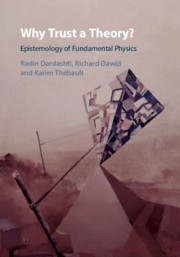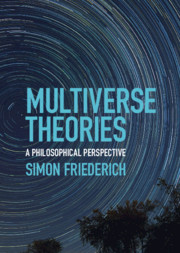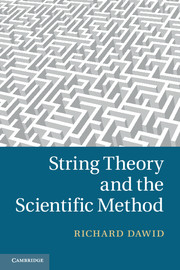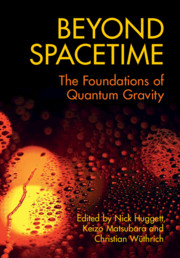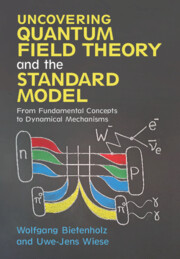Why Trust a Theory?
Do we need to reconsider scientific methodology in light of modern physics? Has the traditional scientific method become outdated, does it need to be defended against dangerous incursions, or has it always been different from what the canonical view suggests? To what extent should we accept non-empirical strategies for scientific theory assessment? Many core aspects of contemporary fundamental physics are far from empirically well-confirmed. There is controversy on the epistemic status of the corresponding theories, in particular cosmic inflation, the multiverse, and string theory. This collection of essays is based on the high profile workshop 'Why Trust a Theory?' and provides interdisciplinary perspectives on empirical testing in fundamental physics from leading physicists, philosophers and historians of science. Integrating different contemporary and historical positions, it will be of interest to philosophers of science and physicists, as well as anyone interested in the foundations of contemporary science.
- Discussion is based on in-person interactions between the contributors at the landmark workshop 'Why Trust a Theory?', providing a lively and engaging debate
- Interdisciplinary contributors ensure a balanced argument in tune with the latest developments in their fields
- Discusses the question of trust in contemporary fundamental physics, which is of crucial importance for the future of the field and, more broadly, the future development of science
Reviews & endorsements
'Anyone interested in current speculations about fundamental physics, in particular debates about its methodology and justification, will find much fascinating reading here.' Casey McCoy, The Observatory Magazine
Product details
No date availableAdobe eBook Reader
9781108583268
0 pages
16 b/w illus.
Table of Contents
- 1. Introduction Radin Dardashti, Richard Dawid and Karim Thébault
- 2. Fundamental theories and epistemic shifts: can history of science serve as a guide? Helge Kragh
- 3. Scientific speculation – a pragmatic approach Peter Achinstein
- 4. Assessing scientific theories Radin Dardashti and Stephan Hartmann
- 5. Philosophy of science and the string wars: a view from the outside Massimo Pigliucci
- 6. The significance of non-empirical confirmation in fundamental physics Richard Dawid
- 7. The dangers of non-empirical confirmation Carlo Rovelli
- 8. No alternative to proliferation Daniele Oriti
- 9. Physics without experiments? Radin Dardashti
- 10. Scientific methodology: a view from early string theory Elena Castellani
- 11. What can we learn from analogue experiments? Karim Thébault
- 12. Are black holes about information? Christian Wuthrich
- 13. The limits of cosmology Joseph Silk
- 14. The role of cosmology in modern physics Bjorn Malte Schafer
- 15. Theory confirmation and multiverses George Ellis
- 16. Beyond falsifiability: normal science in a multiverse Sean Carroll
- 17. Gaining access to the early universe Chris Smeenk
- 18. String theory to the rescue Joseph Polchinski
- 19. Why trust a theory? Some further remarks Joseph Polchinski
- 20. The dangerous irrelevance of string theory Eva Silverstein
- 21. String/M-theories about our world are testable in the traditional physics way Gordon Kane
- 22. Is string phenomenology an oxymoron? Fernando Quevedo.

